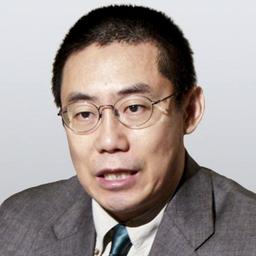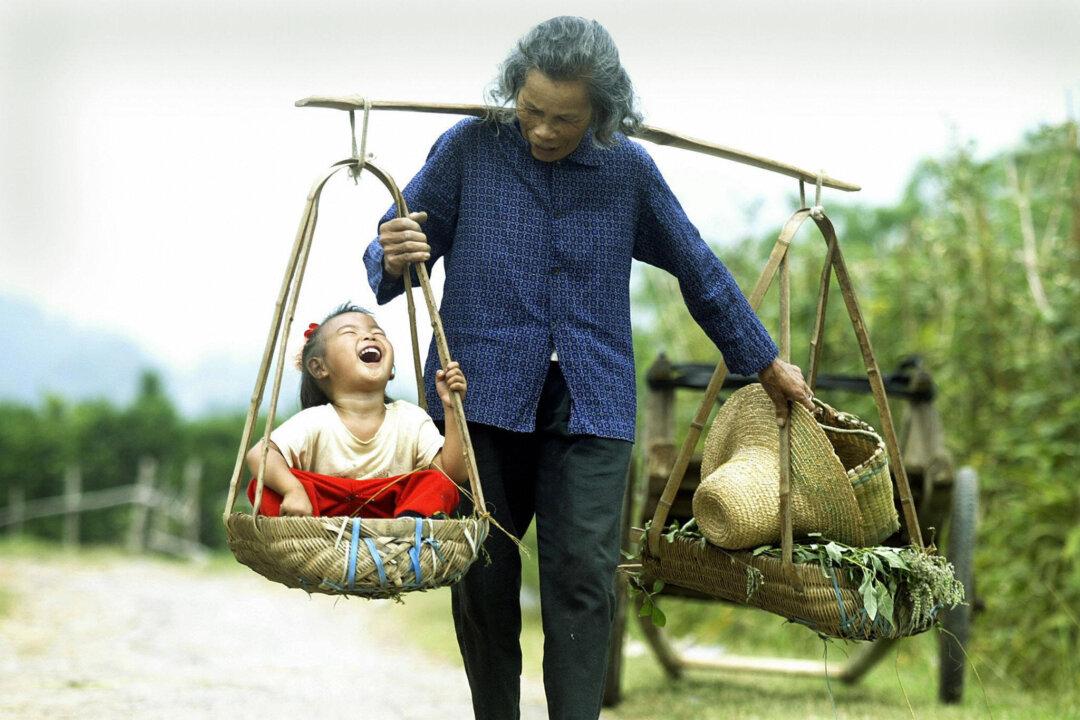Western commentators are wondering what China’s new foreign policy is, in light of communist leader Hu Jintao’s recent visits to eight African countries.
Willy Lam, currently a CNN commentator on Chinese issues said that Hu’s visit to Africa is an indication that he had abandoned Deng Xiaoping’s attitude to “bide our time and focus on building ourselves.” Instead he intends to be the leader of a rising superpower. In Lin’s opinion, the destruction of a satellite last month by the People’s Liberation Army was also a sign of Hu’s change in foreign policy.
Recently the Chinese Communist Party (CCP) has adopted a very aggressive policy towards African countries. Hu visited Africa twice within a year. Just three months ago, China invited 48 African leaders to attend a forum on China-Africa relations in Beijing and generously wrote off 33 African countries’ debts with China in a bid to win them over.
Before Hu’s visit to Africa, at a press conference, the CCP’s Ministry of Foreign Affairs stressed that the main purpose of Hu’s visit was to encourage the peaceful development of Africa. At that time, the U.S. media had high hopes that Hu’s trip might be able to stop the genocide in Sudan. New York Times reporter Howard French published an article from Shanghai titled “Chinese Leader to Visit Sudan For Talks on Darfur Conflict.”
However, Hu actually went to Sudan to reward the Sudanese president who advocates genocide and promised to help him build a presidential palace. Washington Post columnist Sebastian Mallaby wrote a column on Feb. 5 titled “A Palace for Sudan—China’s No-Strings Aid Undermines the West.” In this article, Mallaby considered that it wasn’t coincidental that Hu agreed to finance a palace for the Sudanese president since, in recent years, China had never agreed to build a presidential palace for any country. Hence the decision to choose Sudan was a deliberate act against the Western world.
In recent years, the Sudanese government has received much criticism from Western society for its suppression of the independent movement in the Darfur region. According to human rights organizations, in the past four years, more than 200,000 were killed in this genocide. Western countries including the U.S. have discontinued aid to Sudan and requested the U.N. to impose economic sanctions. Beijing opposed this decision and even threatened to veto it. On Hu’s visit to Sudan, not only did he not censure the government for carrying out genocide, instead he agreed to give the brutal dictator 140 million yuan (US$18 million) in aid to build a presidential palace, condoning and rewarding the Sudanese dictator.
China even plans to double its aid to African countries in the next three years, offering them $3 billion in low-interest loans and $2 billion in export credits. Western critics say China is throwing its silver dollars into Africa with total disregard of the fact that 600 million people in China continue to earn less than $2 a day and 5 percent of the Chinese population (60 million) still live below the U.N.’s poverty line. Hence the CCP’s African policy is an inhuman policy. It overlooks the 200,000 deaths in the genocide in Sudan and does not care whether its Chinese citizens live or die. It only cares for ideology not human lives.
Another reason Western countries have criticized and shown concern for the violence in Sudan is that as the whole of Africa is moving towards bipartisan leadership, this apalling genocide is going the opposite way. In the last century, Africa was dominated by dictators and militants. Paul Johnson, a British historian, included a chapter about Africa in his book Modern Times titled “Caliban’s Kingdoms.” By the end of the ‘60s, there were 64 military uprisings and rebellions. Until 1975, 20 out of 45 countries in Africa were governed by a military dictatorship. In the ’60s, there were only four African countries where free elections were allowed. With the disintegration of the Soviet Union and the end of the cold war, democracy came to Africa. According to the World Bank, 42 out of 48 African countries now have free elections. Countries such as Tanzania, Zambia, Mozambique, Nairobi, Zimbabwe etc, which were regarded as backward nations by Chinese people, have successively held free elections in the 1990s. Under such a backdrop, not only did Sudan not advocate democracy, instead it propagated violence and genocide, hence incurring the indignation of the international community.
Faced with western criticism and demand for economic sanctions on Sudan, “Hu called on nations to ’respect the sovereignty of Sudan,'” said Mallaby of the Washington Post. “Since the end of the Cold War, the Western view of sovereignty has grown increasingly contingent. If a nation slaughters its civilians (think Rwanda, Kosovo), harbors terrorists (Afghanistan), or refuses to cooperate with U.N. weapons inspectors (yes, Iraq), it forfeits its right to sovereignty. It may not be invaded, but it certainly can expect to face sanctions.” For example, the U.S. overthrew the Taliban regime and Saddam Hussein’s rule. Another example would be when the German Nazis started to invade other countries, the international society had the right to resort to military intervention to stop Hitler’s advancement. Nazi Germany was not allowed to use sovereignty as an excuse to stop international communities censure and prohibition of its violent acts.
In his article “Sovereignty Trumps All For China,” Washington Post columnist Liu Kin-ming, former chairman of the Hong Kong Journalists Association, wrote: “Beijing safeguards the cardinal principle of sovereignty for one obvious reason: It doesn’t want to be told by outsiders what to do either. Thus, the Tiananmen Massacre was ‘none of your business—it’s a domestic issue, and we do whatever we want’—thus, no one should say anything when the People’s Liberation Army finally makes it across the Taiwanese Strait.”
Today, Beijing’s policy favoring the Sudanese dictator again proves that none of the CCP’s ideology will change just because Hu took over the leadership. One should not hold any illusions about such a regime.


